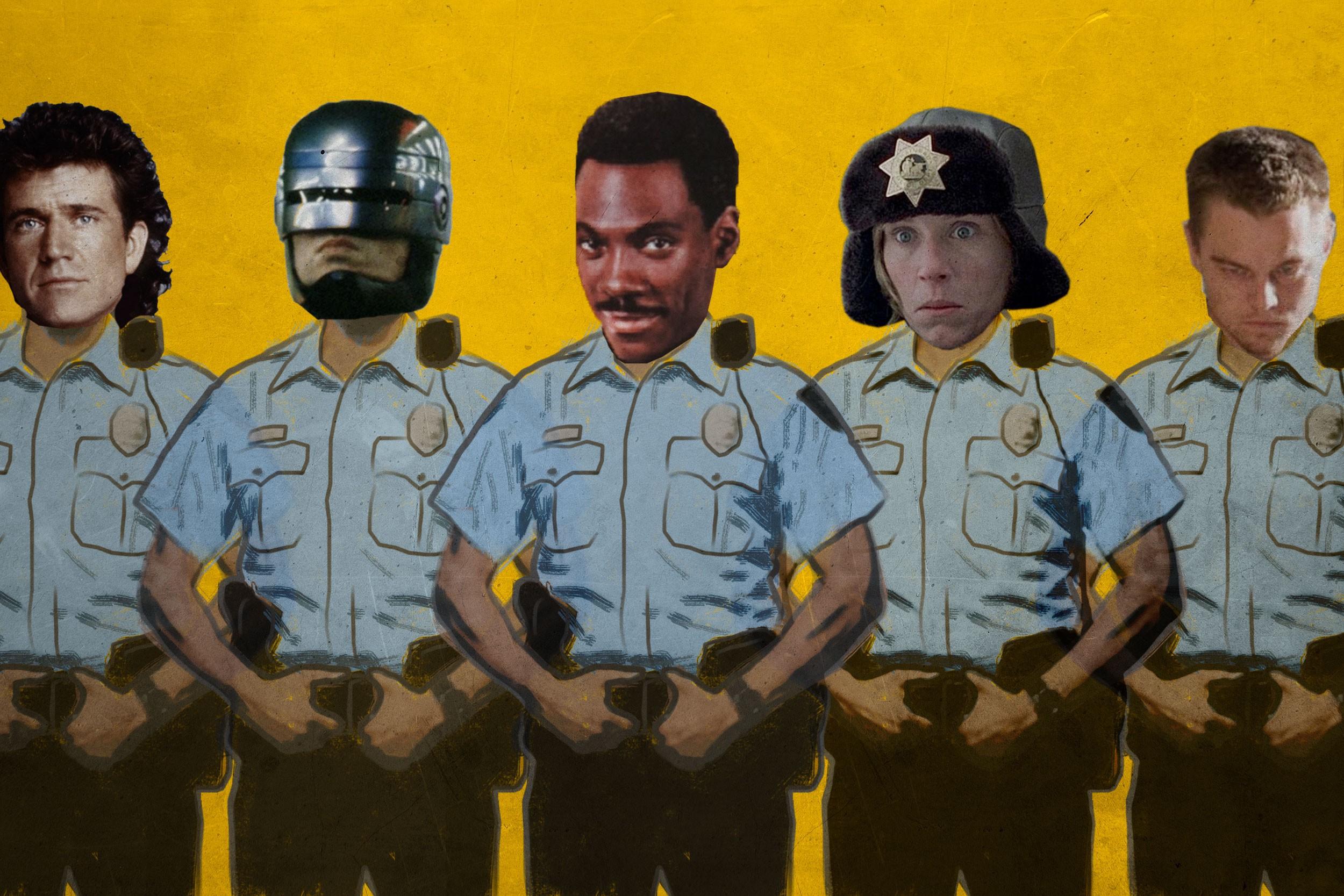
By Jason Concepcion and Shea Serrano
What makes a good movie cop? Let us count the ways. They should be cool-looking, but not so cool that it’s intimidating. They should be respected by most of the other cops in the precinct, but don’t explicitly have to be liked. They should have a vice of some sort. They should have a backstory with one or two jagged points to propel them forward. (A bitter divorce is always good, and it’s even better if there’s an angry teenage kid around to complicate matters. Close family members with histories of alcohol and drug abuse are solid arcs. A dead kid is always a trump card.)
Good movie cops should occasionally be accused of “playing by your own rules,” or something close to that — that doesn’t have to be said, but it definitely has to be understood. They should bend the rules every now and then, but their moral fortitude should always lead them back toward what’s good and right. They shouldn’t want to be in the situation that they’re in, like a hostile takeover in a large building or accidentally in the path of a Mexican cartel, but they should want to make the best of it. They should do all of those things and more. That’s what makes a good movie cop.
Here’s the thing, though: I don’t want to know who the good movie cops are. I want to know who the best movie cop is. So Jason Concepcion and I sorted through the past 30 years of cop movies to figure it out. To make this task more manageable, we settled on six rules:
- The Jimmy McNulty Rule: Only cops from movies are eligible. No TV cops allowed.
- The Sean Archer Rule: This is a thing specifically for police officers. No federal agents allowed. No DEA, no FBI, no CIA, etc.
- The Dirty Harry Rule: Movies must be from 1986 or later. That means no Serpico, no French Connection, no Bullitt, no Mad Max (people forget he was a cop), and, if you were planning to choose him, only the version of Axel Foley from after the original Beverly Hills Cop, because the original came out in 1984.
- The Riggs or Murtaugh Rule: You can only pick one cop per movie. We’re swapping out all the ANDs and replacing them with ORs. It’s Riggs or Murtaugh, Lee or Carter, Tango or Cash, Mike or Marcus, Turner or Hooch.
- The Richie Roberts Rule: Only cops who aren’t based on actual real-life cops are eligible. If the movie cop in question is actually someone in real life, like Richie Roberts from American Gangster, then he or she is not eligible.
- The Alonzo Harris Rule: Only cops with a sound moral compass are eligible. There is no room in the elite class of movie cops for crooked police. Mind you, they can have a bit of dirt, but it can’t be so much that it influences the end-all picture of that person. For example, the Lieutenant, Harvey Keitel’s character in 1992’s Bad Lieutenant, is generally a degenerate, but as the movie moves forward he begins to act in a way that advances goodness. So he’s fine. But Alonzo Harris, Denzel Washington’s character in 2001’s Training Day, stays evil for the entire movie — in fact, he only ever gets more evil. So he’s out. He can be admired in the lead-up Awards section, but he can’t claim any of the top movie cop spots.
Before we get to the best movie cop, though, let’s hand out several awards.
Best Interracial Cop Partnership
Shea: My favorite interracial cop partnership is Lee and Carter from the Rush Hour franchise. The most advanced, most trenchant interracial cop partnership is Jake and Alonzo in Training Day. The archetypal interracial cop partnership is either Axel Foley and Detective Rosewood and Sergeant Taggart in Beverly Hills Cop (1984) or, if you’re looking for co-top billing as a qualifier, then Ray and Danny in Running Scared (1986). But the alpha interracial cop partnership — the one that will forever live as the most iconic version of the template — has to be Riggs and Murtaugh from Lethal Weapon. I mean, that’s a very uncreative answer, but sometimes the answer is a very straight line. It has to be them.
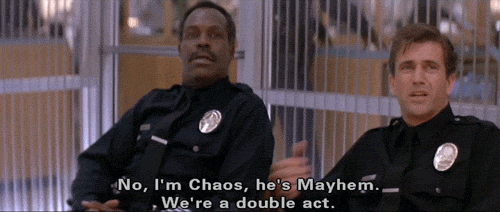
Jason: I’m going straight past interracial to interspecial: Matt and George from Alien Nation. The setup for Alien Nation — “what if one was an alien?” — is so stupid that no one had really tried it before, which made it great. The film takes place in 1991, three years after hundreds of thousands of aliens land in Los Angeles. In that totally unrealistically short amount of time, the aliens — referred to by humans as “Newcomers” when they’re feeling polite, and “Slags” when they ain’t — establish themselves in the Los Angeles area, where they become part of the fabric of the city. They own convenience stores, tend bar, become sex workers, deal drugs, JOIN THE LAPD. You know, the standard first-rung-on-the-ladder, recent-immigrant-to-America type jobs.
Alien Nation pairs detective Matt Sykes (James Caan), with Sam “George” Francisco (Mandy Patinkin) a Newcomer cop. Things are rocky at first — this movie is a naked metaphor for racism, Shea! — but, of course, lessons are learned.
Important thing about this movie: Mandy Patinkin is so fire in this. Dead serious, he delivers the greatest performance ever by an actor wearing a flesh-colored swim cap painted to look like ashy elephant testicles.
A less important thing: This is probably Neill Blomkamp’s favorite movie.
Best Non-Interracial Cop Partnership
Jason: Kevin and Jessica from Police Story 3: Supercop.
Detective Chan “Kevin” (Jackie Chan) Ka Kui of Hong Kong PD and Interpol Officer Jessica Yang (Michelle Yeoh) go undercover as brother and sister to infiltrate the organization of international drug lord Chaibat. This movie is notable for being the rare Chan vehicle in which his female costar actually gets to punch, kick, utilize everyday items to deadly effect, fire assault rifles, launch grenade launchers, and jump a dirt bike onto a moving train, a stunt you can see Michelle doing for realsy-reals in the above video.
Shea: I like this pick. I might toss Mike and Marcus from Bad Boys into the conversation, but I don’t mind conceding this one. I had the Rumble in the Bronx DVD in college. There was a bonus feature where they showed that Chan broke his ankle while he was doing the scene when he jumped onto a hovercraft as it was moving. Rather than take a break from filming, he just got a cast and then had them paint it like it was pants and a shoe. That’s beyond incredible. I promise to you that one time when I was a teacher I called in sick to work three days in a row because I had an ingrown hair.
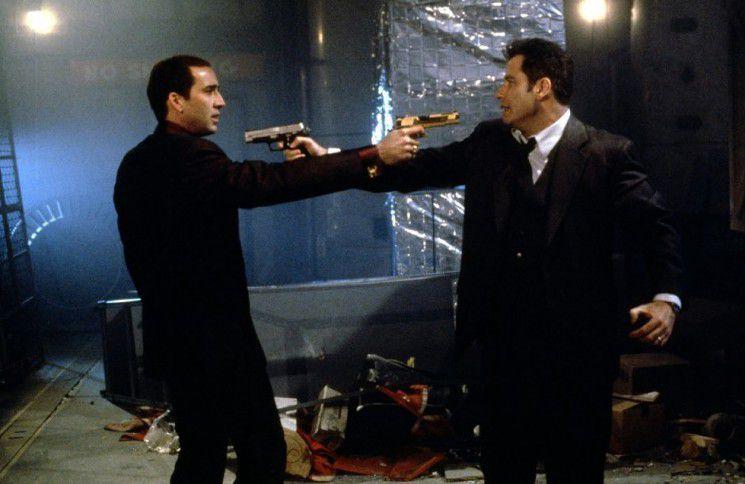
Most Awe-Inspiring Sacrifice for the Job
Shea: I’m going to cheat here. I’m going to break The Sean Archer Rule and take Sean Archer from Face/Off for this category. (Archer was a federal agent, not a cop.) I just can’t figure out a way to ignore the fact that Archer was so dedicated to saving lives and defeating criminals that he willingly allowed doctors to cut his face off and replace it with someone else’s. And it wasn’t even, like, a Total Recall–style situation, where the thing he was doing was based around some technology that had been figured out and tested a bunch of times and commercialized. He was literally the first person ever to do it in his universe. There was a very good chance he could’ve died during the procedure, and, if not died, then at least been completely and utterly face-destroyed, which isn’t that much better. I will never disrespect Sean Archer.
Jason: I can’t compete with that. The scene when Travolta as Troy shows Archer as Cage that he’s wearing his wedding ring and screams “SEE ANYTHING YOU LIKE?” is one of the most savage scenes in modern film.
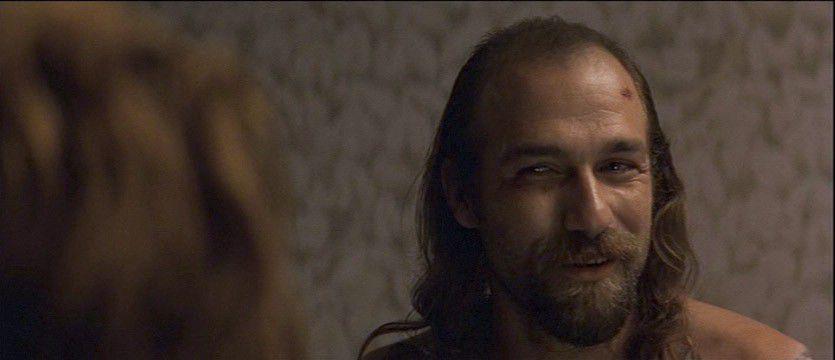
Most Ruthless Villain in a Cop Movie
Shea: I’d originally intended to talk about the snakes from Snakes on a Plane in this section, but then two things happened. First, I realized that Sam Jackson’s character was an FBI agent and not a police officer, so that’s strike one. Then I remembered that there can only ever be, and will only ever be, one true cop-movie alpha villain: Denzel Washington’s Alonzo Harris in Training Day. Nobody has ever been more conniving, more slithery, more intimidating, more blackhearted, more villainous than Alonzo.
Jason: Fun story: One summer break, back in college, I snake-sat my friend’s 7-foot ball python, Dr. Iguana. I was familiar with the animal, having seen it at my friend’s apartment many times. He would allow it to slither freely around his bedroom, a practice that I emulated in mine. Dr. Iguana was fond of wrapping its shiny, red-brown body around my bedpost, where it would sit for hours and hours, a tight ball of muscle, never moving.
After a few weeks, I got so comfortable having this reptile out of its tank that I would forget I had it out. So, this one day, snake on the bedpost, I step out for a few minutes. When I come back: snake gone. I’m like “Oh, shit.” I get down on the carpet to look under the bed and I see his tail — just a few inches of the end — protruding from a hole in the floor where the radiator pipe came up from. I grabbed it and tried to work him loose, but there was no way. Dr. Iguana slithered its way down into the guts of the house. So now I had to tell my friend that I lost his beloved snake AND tell my housemates that there was a snake, answering to the name of Dr. Iguana, loose in the house. And, I totally would have, except that snake showed up in the downstairs bathroom a little while later (like, errrr, a week?), saving me from embarrassment and probable eviction.
Shea: Jason, you and I have different ideas of what a “fun story” is. That sounds a bunch more like a “death story” or a “disaster story.”
Jason: Anyway, Waingro from Heat. That’s my pick. The movie sets him up as an ex-convict, armed robber, murderer, and snitch, then all of a sudden, two-thirds of the way through, reveals that he’s also a serial killer.
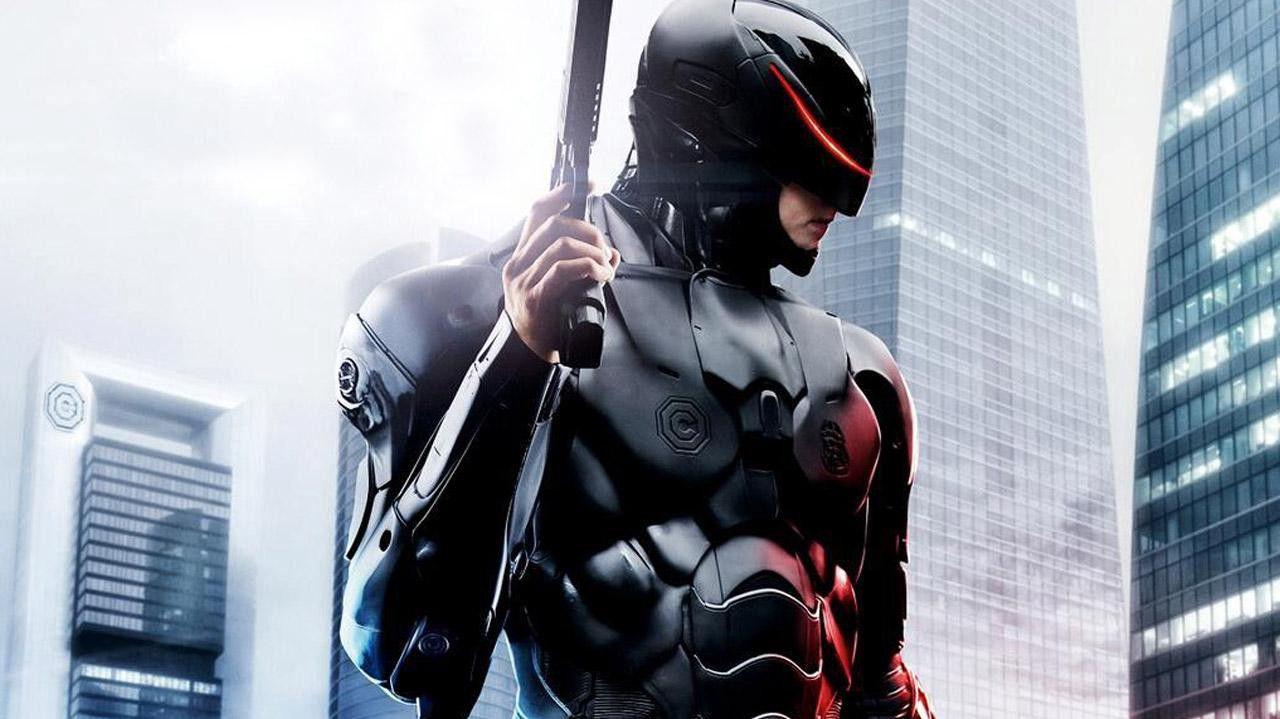
Best Use of a Cop Skill in a Cop Capacity
Jason: Everything Sonny Crockett and Rico Tubbs do in Miami Vice. This movie being a Michael Mann joint, everybody — from the street snitches to the federal agents — is preternaturally competent at their given roles in the narco-ecosystem. Crockett and Tubbs are the SEAL Team Six of narcs. They rob drug smugglers while posing as Haitians to set up a meet with the Colombian suppliers. They expose a leak in the FBI using Tyrion Lannister–style countersurveillance techniques. These guys are better fake drug dealers than the real drug dealers! Rico flies planeloads of yay out of the Colombian jungle by shadowing the radar signals of other aircraft before transferring the loads to fast boats in the Caribbean. And when it’s cop time, boom, they can execute a hostage rescue in a trailer park on, like, five minutes notice. Crockett and Tubbs are cop skills personified.
Shea: Fair argument. But give me literally everything RoboCop does in the 2014 RoboCop remake whenever he scans the environment and computes all the information. It’s the ultimate cop move. I figure every detective of all time has wanted to be able to just walk up to a scene, stare at it for a minute, then insta-solve the crime. RoboCop does that, and also: He’s dressed like a fucking robot, which I will never get over. I’m very sad that we do not have RoboCops in real life. I’m also surprised that we haven’t seen any other Robo-based movies. RoboMechanic. RoboUrologist. RoboFlorist. I would watch literally any Robo movie.
OH SNAP. Jason … is there a pornographic version of RoboCop? Is Robocock a thing? Because … hoo boy.
Jason: [Opens private browser window.] [Googles “RoboCock.”]
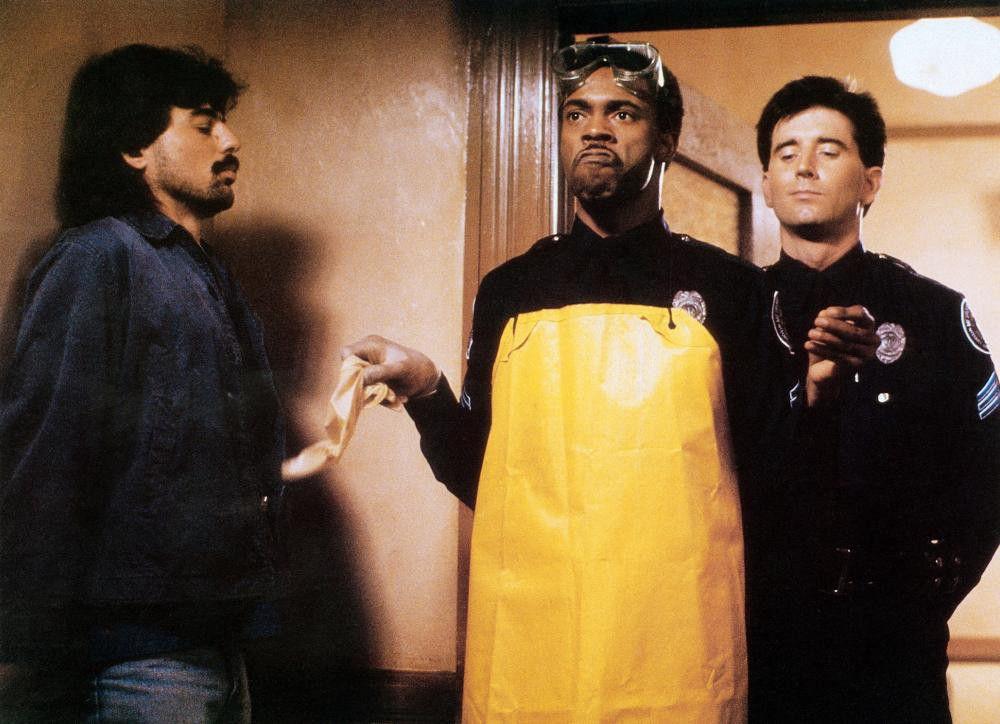
Most Impressive Exhibition of a Non-Cop Skill in a Cop Capacity
Shea: Jason, let’s just go ahead and give this win to officer Larvelle Jones because there was a scene in Police Academy 6 when he found himself in a karate fight against someone better at karate than him, so he pretended to be a robot to beat a guy. Look:
Jason: This really should be the banana-in-the-tailpipe (rules!), but I’m going to go with Brian’s street-racing and auto-mechanic skills from The Fast and the Furious. Damn, watching this is eerie, though. RIP.
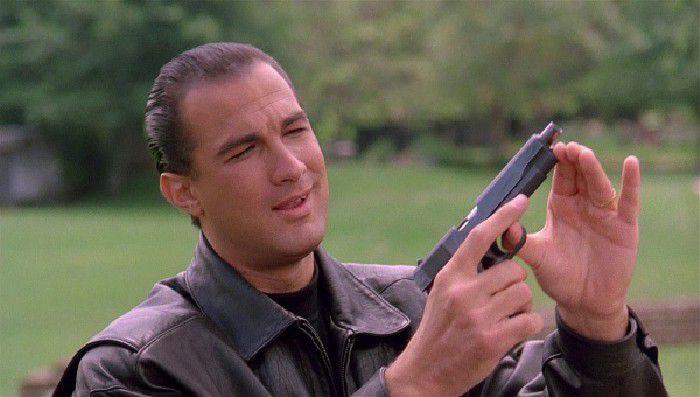
Best One-liner
Shea: “I’m gonna take you to the bank, Senator Trent. The blood bank.” — Steven Seagal’s Mason Storm in Hard to Kill.
Jason: “Yippee ki-yay, motherfucker.” — John McClane, Die Hard. This is not up for discussion.
Shea: That’s a very great line, yes. But the thing that’s so great about Mason Storm’s is that HE’S IN A ROOM ALL BY HIMSELF WHEN HE SAYS IT, HAHAHA. He’s just sitting there staring at a TV that’s not on. He has this memory of a conversation that happened between Senator Trent and some bad guys from months ago, and Senator Trent mentions going to the bank, so Mason sits there in silence for a couple of seconds, and then he just says that shit to his own memory. It’s an A1 move. Anyone can say a one-liner to a bad guy seconds after the bad guy says something. Only Mason Storm can say one to a bad guy several months after the bad guy says something.
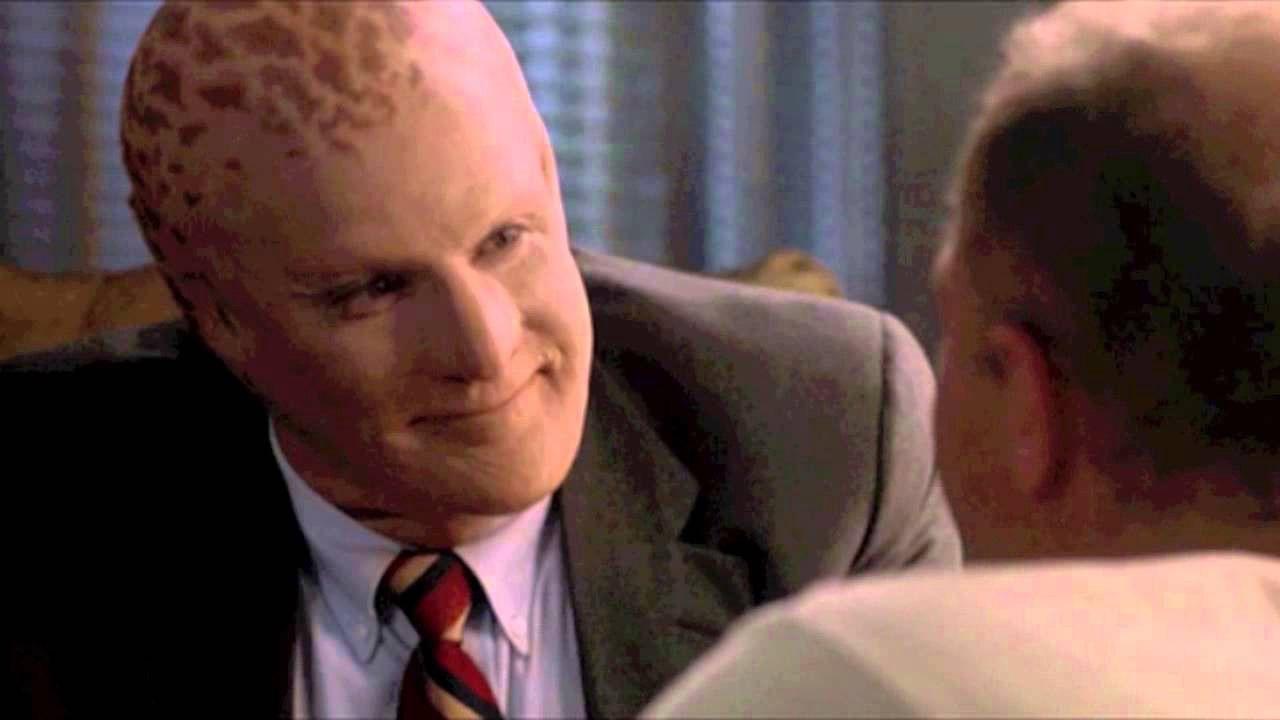
Most Interesting Backstory
Shea: I would offer two picks here, even though I know one is way better than the other. My first pick is RoboCop. On the one side, you’ve got a whole bunch of cops with sad stories about broken families and shattered lives and blah, blah, blah. But then, on the other side, you’ve got a guy who was killed, then brought back to life as a walking version of the internet? Give me him. That’s who I want to talk to.
My second pick is Detective Paco Aguilar from Blood in, Blood Out, though I freely and willfully admit that this is an extremely personal pick. He’s not that great of cop (he’s several steps behind in just about every scene), but he’s one of my all-time favorite movie characters. If part of the criteria for judging the most interesting backstory is “Who would I want to sit around and talk to for several hours about his or her life?” then I gotta go with the Mexican ex-gang member turned Marine turned neighborhood hero who finds himself at war against the family member who idolized him growing up.
Jason: George from Alien Nation! HE’S FROM OUTER SPACE. If you say wouldn’t rather listen to an alien telling stories, IN ENGLISH, about what it’s like to live in space, over any other story told by any person, irrespective of their being part robot or whatever, then I consider you a liar.
Shea: I just think the whole alien thing would get old after, like, two weeks, is all. When I was in college, I knew a guy who went to Nepal over spring break. Space is a lot like Nepal, in that I am never going to have the chance to visit either. So I’m not so interested in hearing about how cool and great it is, you know what I’m saying?
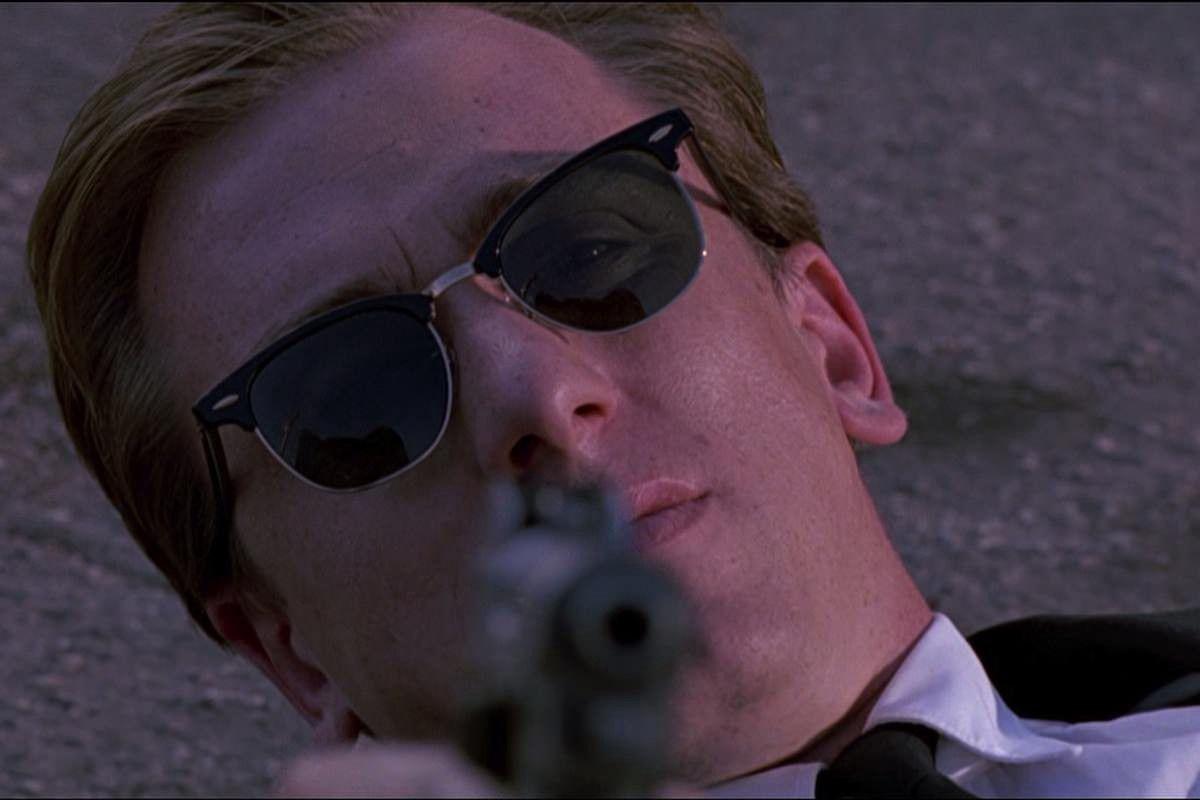
Most Dedicated to Remaining Undercover
Jason: Freddie Newandyke, otherwise known as Mr. Orange, from Reservoir Dogs.
To maintain his cover, Detective Newandyke: learned and performed a monologue, robbed a jewelry store, got shot in the stomach, killed an innocent lady, and bled 95 percent to death.
Shea: That’s a good one. But I’ve got a better one: Brian from The Fast and the Furious. Brian was so good at being undercover that even after he found out that it was Dom and his crew who were ripping off the 18 wheelers, he just kept on helping them. He went so far undercover in his fake life that he ended up quitting his job in his real life so that his fake life could become his real life. (This, incidentally, is why he beats out Johnny Utah from Point Break to win this category.) Mr. Orange ended his movie like, “Ay, my bad, Mr. White. It was me. I’m the rat. I’m the cop. Ya got me.” Brian ended his movie like, “Well, looks like I’m not a cop anymore.” You tell me who was further undercover.
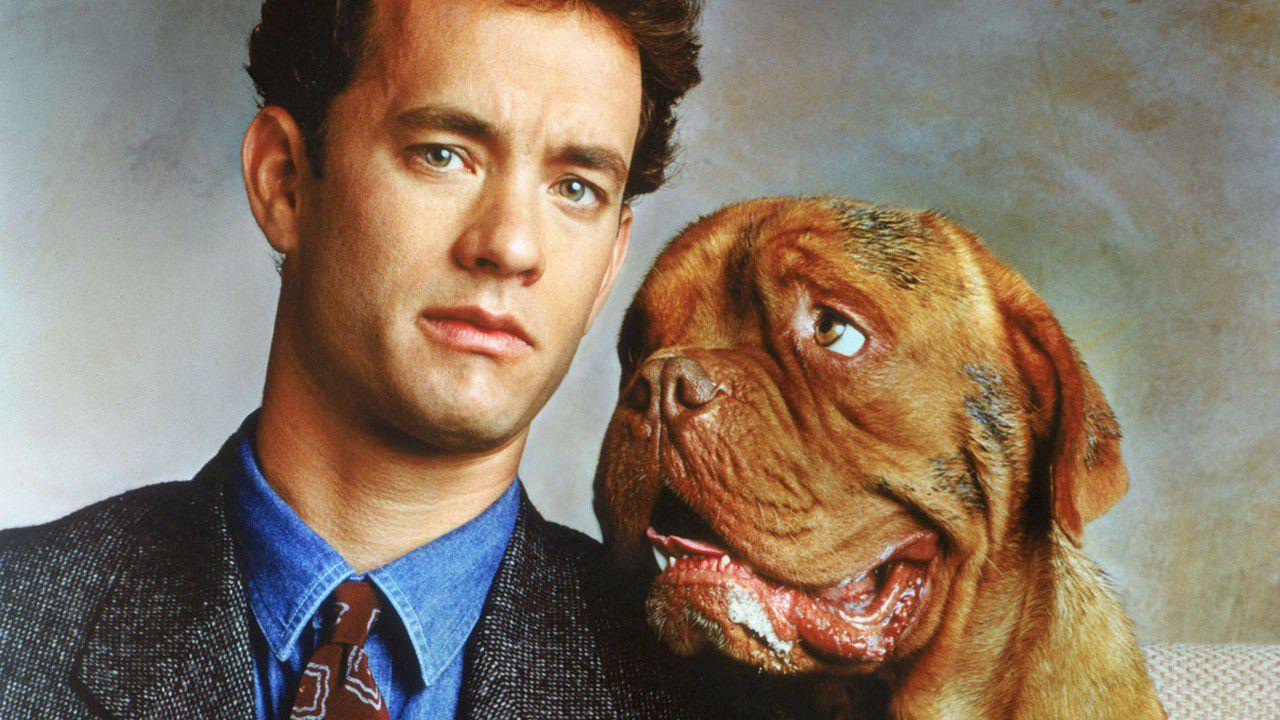
Most Heartbreaking Death
Shea: I think it has to b —
Jason: Hooch from Turner & Hooch.
Shea: Oh shit.
Jason: It’s an unwritten rule of movie making: Do not kill the dog.*
Why? Because dog deaths make people very sad/angry. I’m sad and angry right now just thinking about this scene. A movie can be a veritable circus of human murder, but if your script calls for dog death, be prepared to rewrite it, or pull out of the picture. Subaru has a commercial about a very old dog, not even a dead one, and every time it comes on, just the implication of canine mortality sends me into an hours-long emotional tailspin.
Sidebar: Fuck Turner & Hooch.
*If the movie is supposed to reduce audiences to irrational weeping (Old Yeller, Where the Red Fern Grows, Anchorman briefly), you may kill the dog. (Do not kill the dog.)
**If the dog is not a full-blown character in the story, you may kill the dog (do not kill the dog) as an inciting event for the hero’s journey (John Wick, Game of Thrones, The Rover, Fear, Marley and Me).
The Best Movie Cops of the Past 30 Years
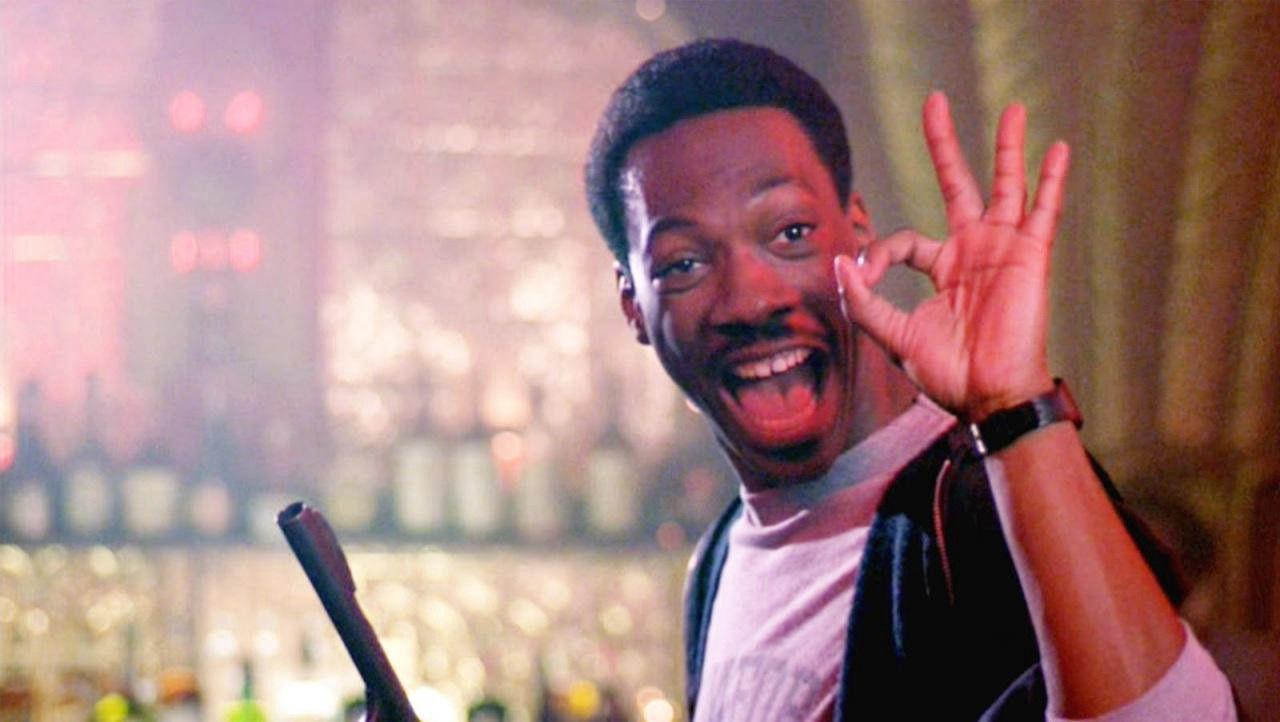
10. Axel Foley, ‘Beverly Hills Cop II’ (1987)
Shea: If this was just a Let’s Choose From All the Cops in All the Cop Movies Ever thing, Axel Foley would 100 percent finish in the top three (most likely at no. 2, still behind the person who finishes first in this ranking). But the 30-year rule means that we can’t use anything he does or says in Beverly Hills Cop, a perfect movie, and instead have to use Beverly Hills Cop II instead, and BHCII is a fun movie, but not a perfect movie. That means that Axel Foley, an absolutely upper-echelon movie cop, falls from a guaranteed top-3 finish all the way back to 10th.
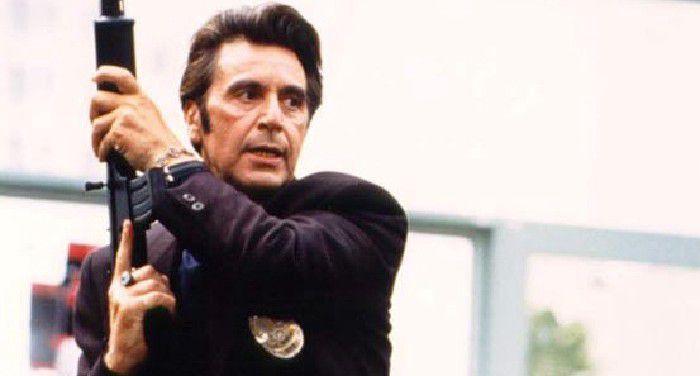
9. Lt. Vincent Hanna, ‘Heat’ (1995)
Vincent Hanna’s character and ability as a detective in the elite robbery-homicide division is best summed up by the criminal fixer Nate (Jon Voight) in the scene when Nate tries to make sure heist leader Neil McCauley (Robert DeNiro) understands who he’s up against:
“He’s a hot dog. Graduate school, Marine Corps, lieutenant in robbery-homicide, major crimes unit. He’s taken down some heavy crews. He blew away Frankie Yonder in Chicago, and he was a fucking maniac. Divorced twice. Current wife’s Justine. He’s why the extra heat … Three marriages, what the fuck you think that means? He likes staying at home? Means that he’s one of those guys, out there prowling around all night, dedicated. With this guy, this much heat, you should pass.”
McCauley should’ve listened.
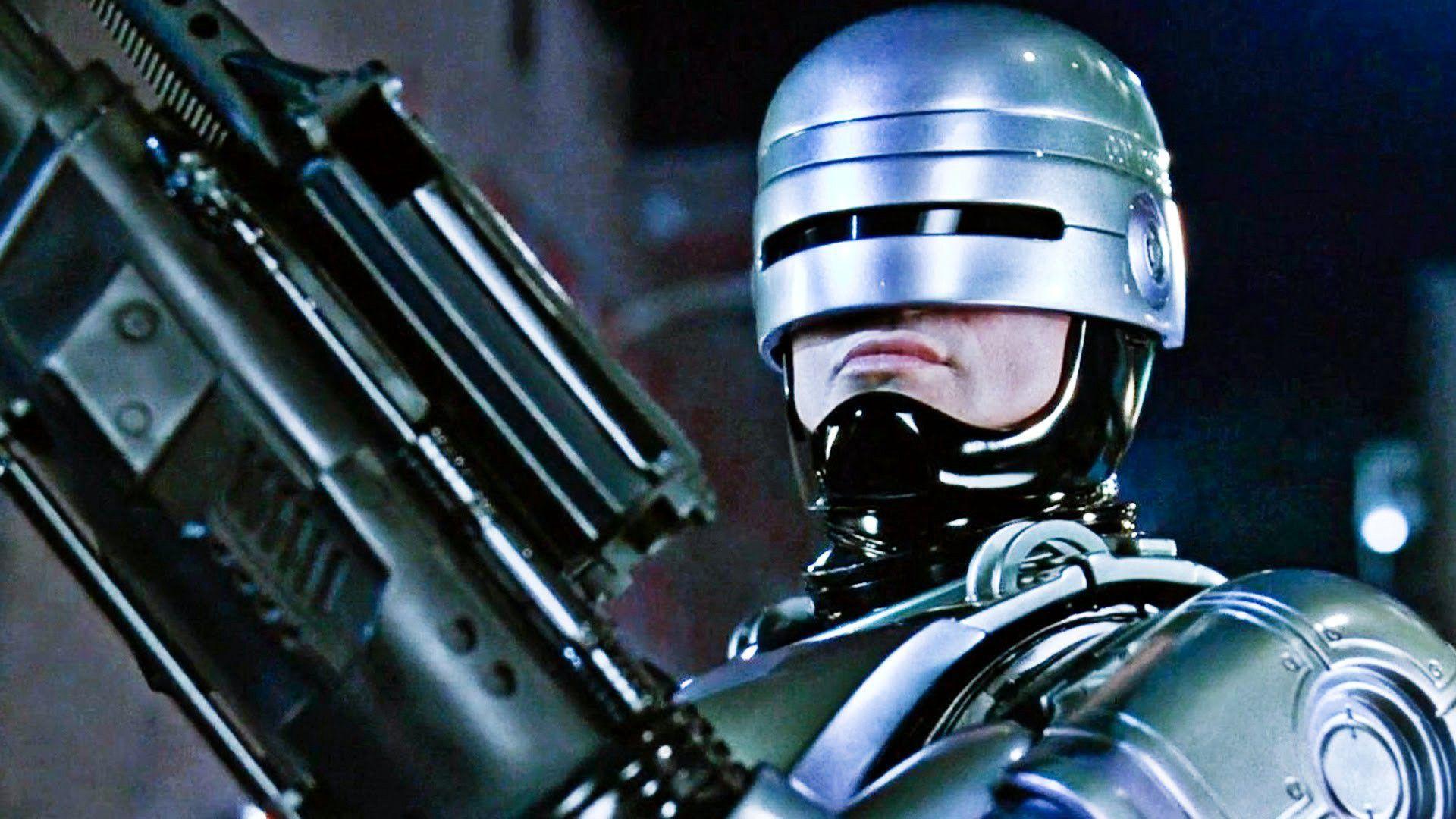
8. RoboCop, ‘RoboCop’ (1987)
EXEC 1: I have an idea for a movie.
EXEC 2: OK.
1: Let’s take a cop …
2: I’m listening.
1: And let’s have that cop be a handsome white man …
2: Big fan so far.
1: And let’s kill him …
2: NO, SIR. I AM OUT.
1: But then let’s bring him back to life …
2: Oh shit. A resurrection? I’m back in.
1: Except when we bring him back, he’s not just a regular handsome white man cop anymore …
2: But what more could he want?
1: Now he’s half-robot.
2: WHAT?
1: He’s a half-robot, half-handsome white man cop now.
2: Cut [clap] the [clap] check [clap].
7. Officer Mike Zavala, ‘End of Watch’ (2012)
Jason: All I know is, it should’ve been Jake Gyllenhaal’s character, Brian Taylor, who died, that’s how dope Mike Zavala was. I had a coworker once who told me that, even though she was an equal opportunity dater, she would only marry a Mexican dude because she’s never seen a bald Mexican and she wanted her children to be free of the baldness gene. She was Latina so I was pretty sure that wasn’t racist. Anyway, she probably loves Michael Peña, who is dope and shows no sign of hairline erosion.
Shea: Two things here: (1) I don’t know who started the Mexicans Don’t Go Bald thing (I’m guessing your friend, as I’ve never heard that before), and I’m 100 percent certain that is entirely incorrect, but I’m glad we finally have a stereotype that leans in the positive direction. First we got Chato Santana in Suicide Squad and now I hear about this lush hair stereotype. It’s been a big summer for us. (2) End of Watch is a fantastic movie. The last 20 minutes are incredibly intense and exciting and crushing. I remember going to work the day after I watched it and telling my friends that I’d seen it. I asked if any of them had watched it yet. One of the guys stopped tapping at his computer, looked over at me, then said, “I did.” I asked him what he thought. And I will never forget his response. He was a big, tough kind of guy. Quiet, but quiet in a very alpha-male kind of way. Great beard stubble. Handsome. All that. But so, I’ll never forget his response. I asked him what he thought, and he just sat there for a few seconds without saying anything. He was staring straight forward; looking at nothing; looking into oblivion. Then he finally looked at me. And he said, “The end of that movie is the first time I cried since my mom died.” (!!!!!!!!!!) I promise to god that’s a real thing he said.
6. Roger Murtaugh, ‘Lethal Weapon’ (1987)
No cop partnership has ever been as iconic or as influential as Riggs and Murtaugh in the Lethal Weapon franchise. Basically every buddy-cop movie that came after it just took its template and applied new brush strokes. So it would have been nice if both Riggs and Murtaugh were been eligible for inclusion. But The Riggs or Murtaugh Rule dictates that only one of the two can be picked. And if that’s the case, then it has to be Danny Glover’s Murtaugh. Mel Gibson’s wild-card Sergeant Martin Riggs was the movie’s loudest, most brash cop. And he was probably the most fun, too. But Murtaugh, the quiet family man who just wanted to do his job and go home, was the one who helped the movie keep its shape, which ends up making him more important.
5. Rama, ‘The Raid’ (2011) and ‘The Raid 2’ (2014)
Jason: The first time I saw The Raid, it reminded me of a martial-arts version of the Evil Dead — frenetically paced, viscerally violent, with touches of pure gore. These movies are not for everyone. After watching these movies — The Raid is the better all-around film; the sequel has better action scenes and production value — I’m not sure why anyone else bothers to do fight scenes anymore. Rama isn’t a deep character, or anywhere close to the best by-the-book cop. It’s just, I’m reasonably certain that he could kick the ass of anyone on this list, except maybe RoboCop.
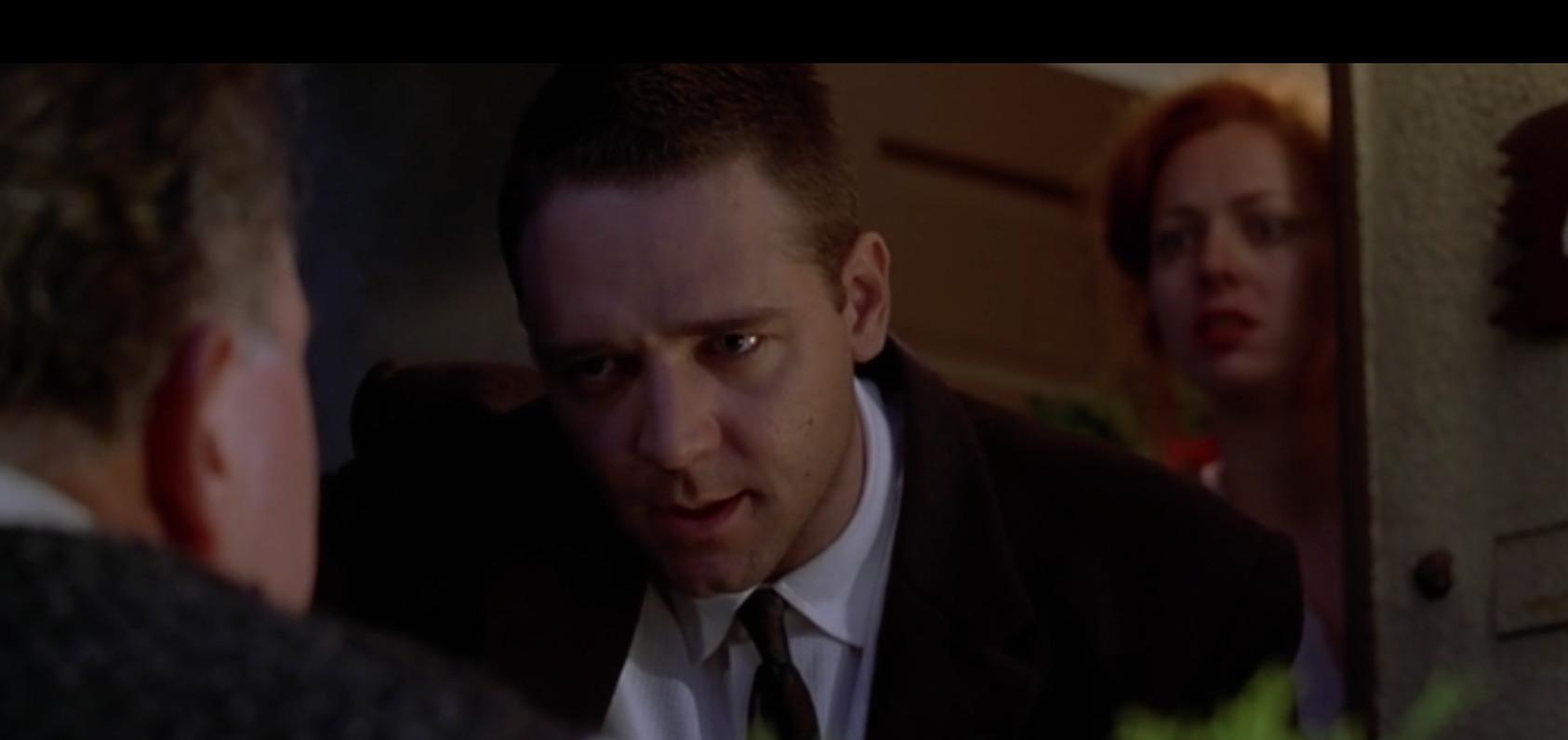
4. Bud White, ‘L.A. Confidential’ (1997)
Shea: Bud White checks off literally every box that we laid out at the start.
Is he cool-looking? Absolutely. No one has ever looked better as a 1950s cop, nor more intimidating.
Is he respected by most of the other cops in the precinct, but not explicitly liked by all of them, or even any of them? For sure. The wormy Ed Exley, bookish and rules-driven, refers to him early on as a “mindless thug,” as his reputation is that he just punches and pounds his way to arrests. (Of course, Exley changes his mind about all that as soon as he realizes that White has a pure and true heart made of love and diamonds.)
Does he have a vice of some sort? Yes. He super enjoys beating up men who beat up women.
Does he have some sort of backstory that has one or two jagged points to propel him forward? Yes. His mother was abused by his dad. That’s why he beats up the men who beat up the women.
Is he occasionally accused of “playing by your own rules”? About every 10 minutes.
Does he bend the rules every now and then, but only for the greater good? It’s practically written on his business cards, which are his fists, because actual business cards are for pussies. He spends nearly all of the movie wandering around in the gray area of the law (and, occasionally, the wrong side of it), but it always leads to something good, or something in the shape of good, anyway.
Is he making the best of a situation that he doesn’t want to be in? Yes. That’s exactly what happens after he realizes that he’s being used as a puppet by the crooked police captain.
Bud White is an unquestionable inclusion on this list.
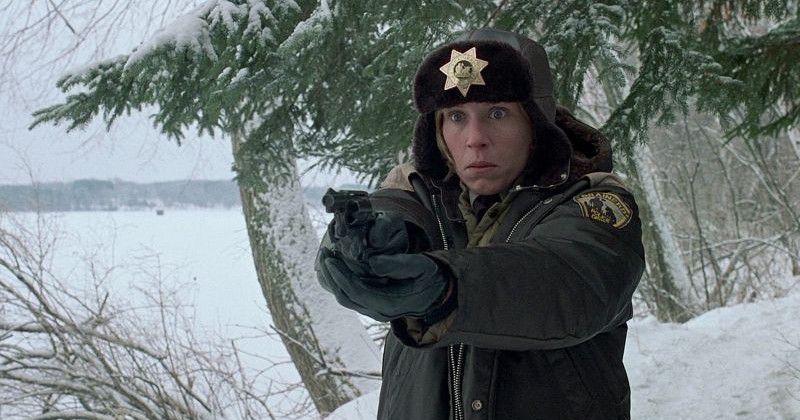
3. Marge Gunderson, ‘Fargo’ (1996)
Jason: As comics writer Matt Fraction demonstrated, Marge Gunderson is the embodiment of goodness. She’s kind, fair, and unyieldingly virtuous without being overly preachy. And she solves the Lundegaard kidnap/murder case while super late into a pregnancy. I’ve never been pregnant, much less about to give birth, but that almost put Marge in her own category. I’m pretty sure every other cop on this list would just be at home if they were bowling-ball-big pregnant. Marge Gunderson is just good, folks. If you have to get arrested by one cop on this list, it’s Fargo’s Marge Gunderson.
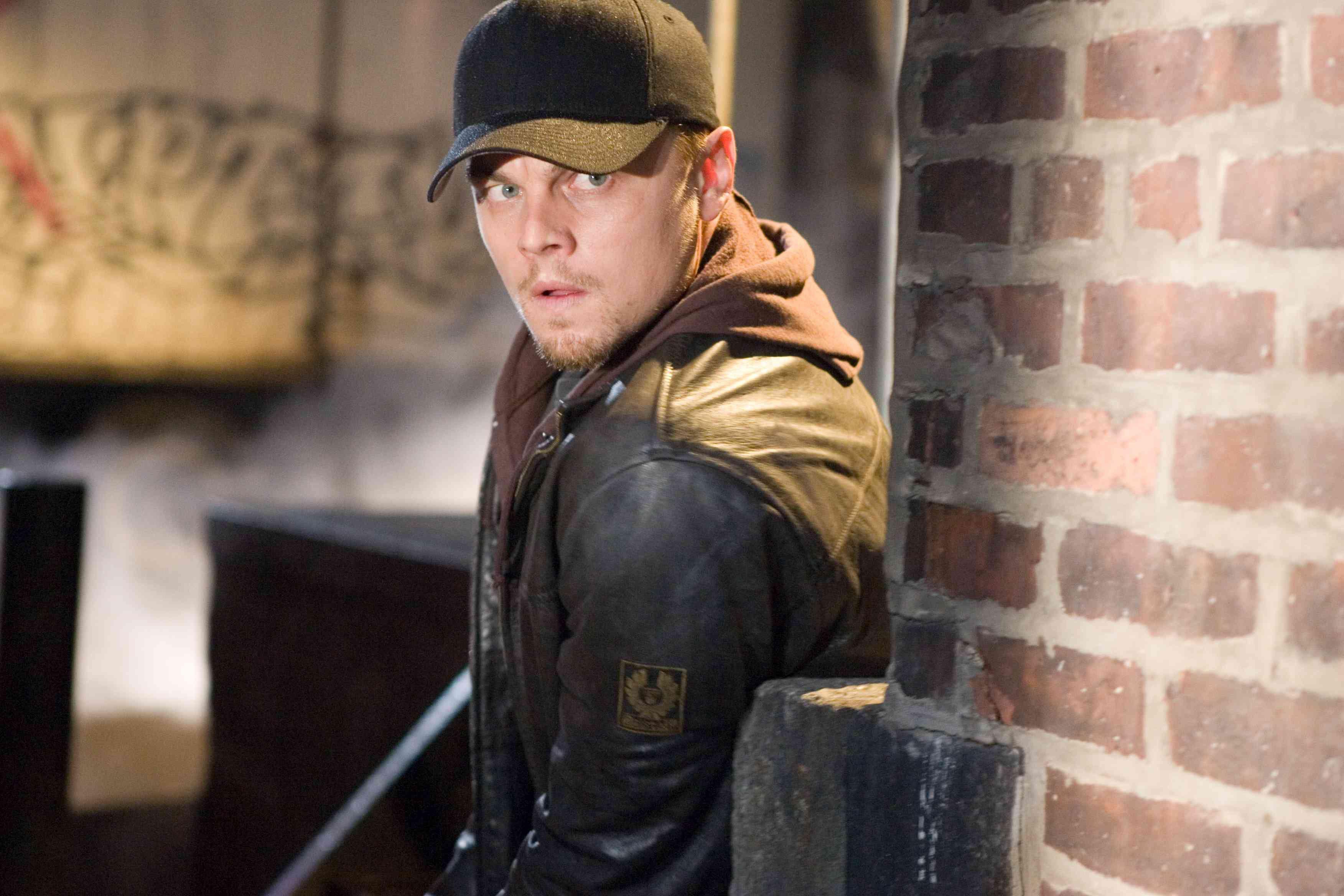
2. Billy Costigan, ‘The Departed’ (2006)
Shea: Billy Costigan, the South Boston chameleon, is just about everything you could hope for in a movie cop. He’s smart, he’s strong, he’s capable, he’s tall, he looks handsome in baseball caps, etc. But do you know what the best thing about him is as a movie cop? He’s terrified of the spot he’s in (he’s an undercover cop working as a henchman in Frank Costello’s crime mob), which means that he is fundamentally a good person. But he never flinches. He never wavers. Mind you, Billy bucks at his bosses occasionally, but that’s what elite humans do. Even when he’s at his most frayed, his most anxious, he always finds his way back in line with the orders that come down to him.
There’s a scene in The Departed when Billy is sitting in with his court-ordered therapist and she asks him how he feels. He goes through a spiel about having to exist in the criminal world, and he finishes it by saying, “You sit there with a mass murderer — a mass murderer. Your heart rate is jacked. Your hand … steady.” Then a moment of reflection. Then he finishes: “That’s one thing I figured out about myself in prison. My hand does not shake. Ever.” Billy chased his case until it killed him. His movements were always messy. They always had ragged edges. But I think that’s what actual heroism looks like.
(I just realized while I was writing this blurb right now that Leo DiCaprio starred in a movie where the title means “a particular dead person” and also later starred in a movie where the title means “a person who has returned, especially supposedly from the dead.” That’s neat.)
The Best, No. 1, Most Perfect, Most Influential, Most Important Movie Cop of the Past 30 Years: John McClane, ‘Die Hard’ (1988)
Jason: McClane created the archetype for the 20 years of pre-superhero action movie protagonists who followed: an everyman just trying to go about his day; knows his way around guns, but, it’s never about the guns; comedically resourceful, to the point of being dangerous with a roll of stickers; faces impossible odds armed mainly with cynicism; though an elite combatant, does not necessarily want to be in the position he’s in, which is why he’s the best person for the job; always has relationship problems.
Then there are the one-liners. “Yippee-ki-yay, motherfucker.” “Welcome to the party, pal.” “Come to the coast, we’ll get together, have a few laughs.” (I think of this once a day whenever I’m in L.A.)
I mess with Die Hard, I’m here for Die Hard 2, and the first act of Die Hard with a Vengeance is low-key among the best pre-cellphone, pre-gentrification New York City movies.
In the first three Die Hards, McClane took out faux Baader-Meinhof terror-thieves in an L.A. skyscraper, barefoot, over Christmas break; defeated a cadre of U.S. special-forces soldiers in the pay of a drug lord during a historic blizzard and also fought on the wing of an cargo plane; surfed on a torrent of crystal Upstate New York lake water through a still-unfinished tunnel under Manhattan; and he did it all while making it seem like those were things that anyone could do.
John McClane is a deserving no. 1.

